In a video address at the inaugural Reuters Next Gulf Summit, held in partnership with the Abu Dhabi Department of Economic Development, Mohamed Alabbar, founder and Managing Director of Emaar Properties, reaffirmed the strength and resilience of Dubai’s real estate market.
“The real estate market in Dubai is very strong and built on solid foundations. There’s no bubble,” Alabbar declared, dispelling any concerns about over-speculation.
He praised Dubai’s excellent global reputation and credibility, noting that the emirate continues to attract people from around the world for both tourism and long-term residence. According to Alabbar, the upcoming period will see new real estate units enter the market — helping strike a healthy balance between supply and demand.
Expanding Beyond Dubai
Alabbar also revealed Emaar’s strategic plans for international growth, targeting major markets including the United States, India, China, Europe, and Egypt.
Highlighting the housing crisis in the U.S., he pointed out that only 50% of Americans have adequate housing, calling the situation a “disaster” that demands urgent attention from policymakers and private enterprises alike. He expressed confidence that Emaar could enter the American market efficiently through mergers and acquisitions, contributing to solving this critical shortfall.
“The U.S. housing crisis must be a top priority, even for leaders like Trump,” he said, emphasizing the need for collaboration between states and large corporations.
Alabbar also expressed strong interest in joint ventures and equity acquisitions in Europe and India, leveraging Emaar’s financial strength, low debt, and proven track record in delivering successful projects.
Success in Egypt and Ambitions in India
In Egypt, Alabbar emphasized the success of Emaar’s major developments along the Red Sea and North Coast, where the company has delivered impressive profits. He described the Egyptian market as particularly attractive at this moment.
Among the standout projects is the “Marassi” tourist development on the Red Sea, a collaboration with local and Saudi investors, with total investments exceeding $17 billion.
India also remains a priority for Emaar’s future, with plans to inject capital into joint real estate ventures with local partners.
Nurturing E-Commerce through Noon
On the digital front, Alabbar touched on the performance of Noon, the e-commerce platform he helped launch seven years ago. He noted that the company has carved out a competitive presence and is now looking to expand further across the Middle East.
Abu Dhabi’s Vision for Economic Diversification
Also speaking at the summit, Ahmed Jassem Al Zaabi, Chairman of the Abu Dhabi Department of Economic Development, outlined the emirate’s ambitious plans to lead a diversified, resilient, and future-proof economy.
He unveiled three newly launched economic clusters focusing on:
-
Smart and autonomous vehicle manufacturing
-
Food security and water sustainability
-
Healthcare, wellness, and sustainable living
These clusters are expected to contribute AED 162 billion to Abu Dhabi’s GDP, create over 100,000 jobs, and attract more than AED 200 billion in investments by 2045.
Al Zaabi also revealed that non-oil sectors accounted for 57% of Abu Dhabi’s GDP in Q3 2025, compared to 43% from oil — a clear indicator of the success of the emirate’s economic diversification strategy. The goal is to increase the non-oil contribution to 80% in the future.
Abu Dhabi is also investing heavily in infrastructure, artificial intelligence, and data centers, aiming to become one of the world’s smartest cities and a major global financial hub.
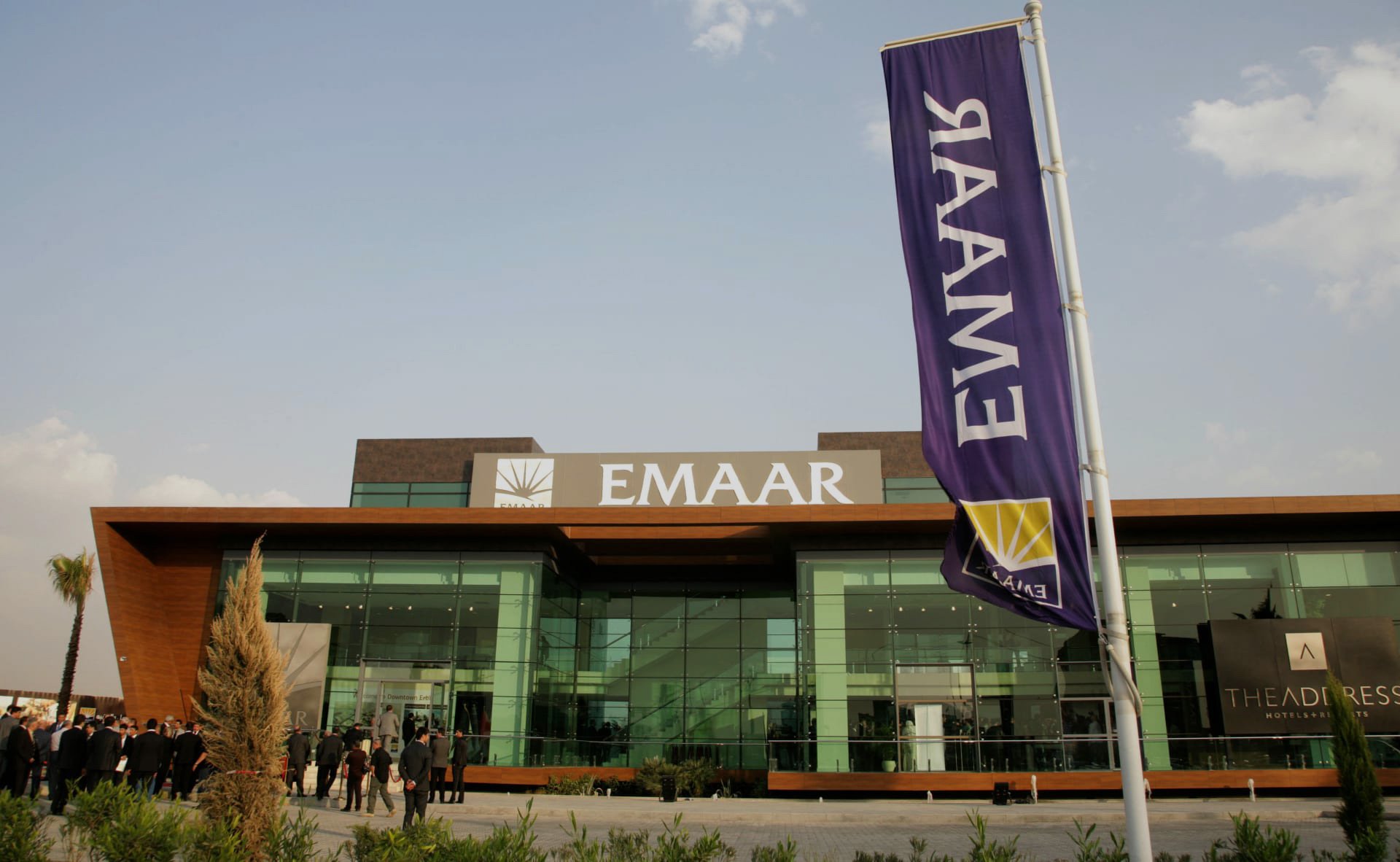

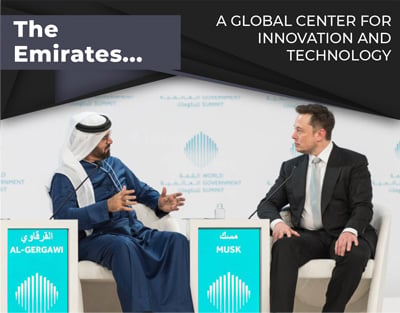
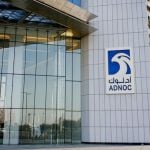
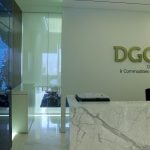
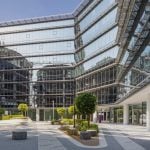
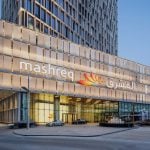
Leave a Reply